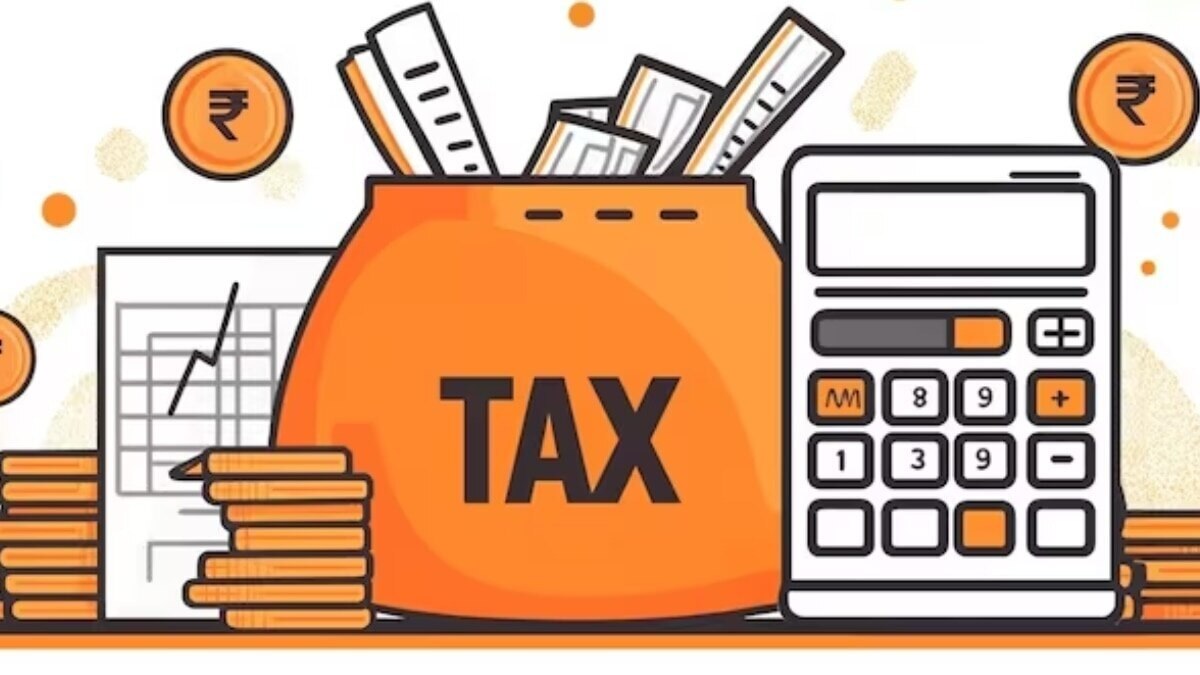The deadline for the first instalment of advance tax for the fiscal year 2025-26 is June 15, 2025. However, this date coincides with a Sunday, prompting questions from taxpayers regarding the possibility of making payments on the following day without incurring penalties. This situation arises under the guidelines of CBDT Circular No. 676, issued on 14 January 1994, which permits deadline extensions when due dates fall on public holidays.
According to the 1994 circular, when an advance tax deadline coincides with a public holiday, the next working day becomes the official deadline for payment. This provision means that taxpayers can make their first instalment payments on June 16, 2025, without facing penal interest. However, this flexibility could be contested by tax authorities, who may argue the availability of electronic payment facilities as a reason to enforce the original deadline.
Chartered accountant Dr Suresh Surana confirms that taxpayers can rely on the 1994 circular to avoid penalties or interest for payments made on June 16, 2025. “In accordance with the Circular no. 676 of January 14, 1994, one can deposit the advance tax for the first instalment of FY 2025-26 on June 16, 2025 (Monday), since June 15, 2025, falls on a Sunday, without attracting any penalty or interest,” noted Dr Surana.
Advance tax, which affects salaried professionals, freelancers, and business owners with a tax liability exceeding Rs 10,000, requires payment through four scheduled instalments. The first instalment is 15% of the total tax liability, traditionally due by 15 June. The subsequent instalments increase to 45% by 15 September, 75% by 15 December, and 100% by 15 March. It is crucial for taxpayers to adhere to these deadlines to avoid any interest charges.
Interest on late payments
Taxpayers are reminded that failing to adhere to these deadlines incurs interest under section 234C of the Income Tax Act. This interest accumulates at a rate of 1% per annum for unpaid tax liability, potentially reaching up to 12% by the year’s end. Therefore, timely payment is crucial to avoid these additional costs. Notably, if taxpayers delay beyond the grace period offered by the 1994 circular, they may face significant financial repercussions when filing their returns.
Electronic payment facilities offer convenience, but the 1994 circular provides some leeway for those unable to complete transactions due to public holidays. However, taxpayers should be cautious and stay informed about any potential challenges to this provision by tax authorities. The evolution of digital payment systems has made it easier to meet deadlines, yet the traditional rules still hold significance. Taxpayers must balance the advantages of digital payments with the understanding of how such transitions are managed legally.
Tax payment planning
As the deadline approaches, it is crucial for taxpayers to plan ahead and ensure they meet their tax obligations in a timely manner to avoid any unexpected charges or penalties. Understanding the implications of the 1994 circular and current electronic payment options will help taxpayers navigate these requirements effectively. Being proactive in tax planning can save taxpayers from last-minute hassles and ensure compliance with tax laws.
Additionally, consulting with tax professionals can provide further clarity and assistance in managing these obligations efficiently. It is advisable for taxpayers to remain vigilant about any updates from the tax authorities to ensure they leverage the grace periods correctly and avoid pitfalls that could affect their financial health.
Furthermore, understanding the nuances of advance tax payments can aid in better financial planning and resource allocation throughout the fiscal year.
